But the Fiji Football Association (FFA) is determined to unlock the nation's footballing potential and is providing one of the best examples of how national associations can benefit from FIFA’s ground-breaking global report which examined talent development in 205 countries. Moreover, Fiji is set to benefit further from FIFA's Talent Development Scheme which, starting from 2023, will provide expert guidance to help MAs on how to make the most of their potential.
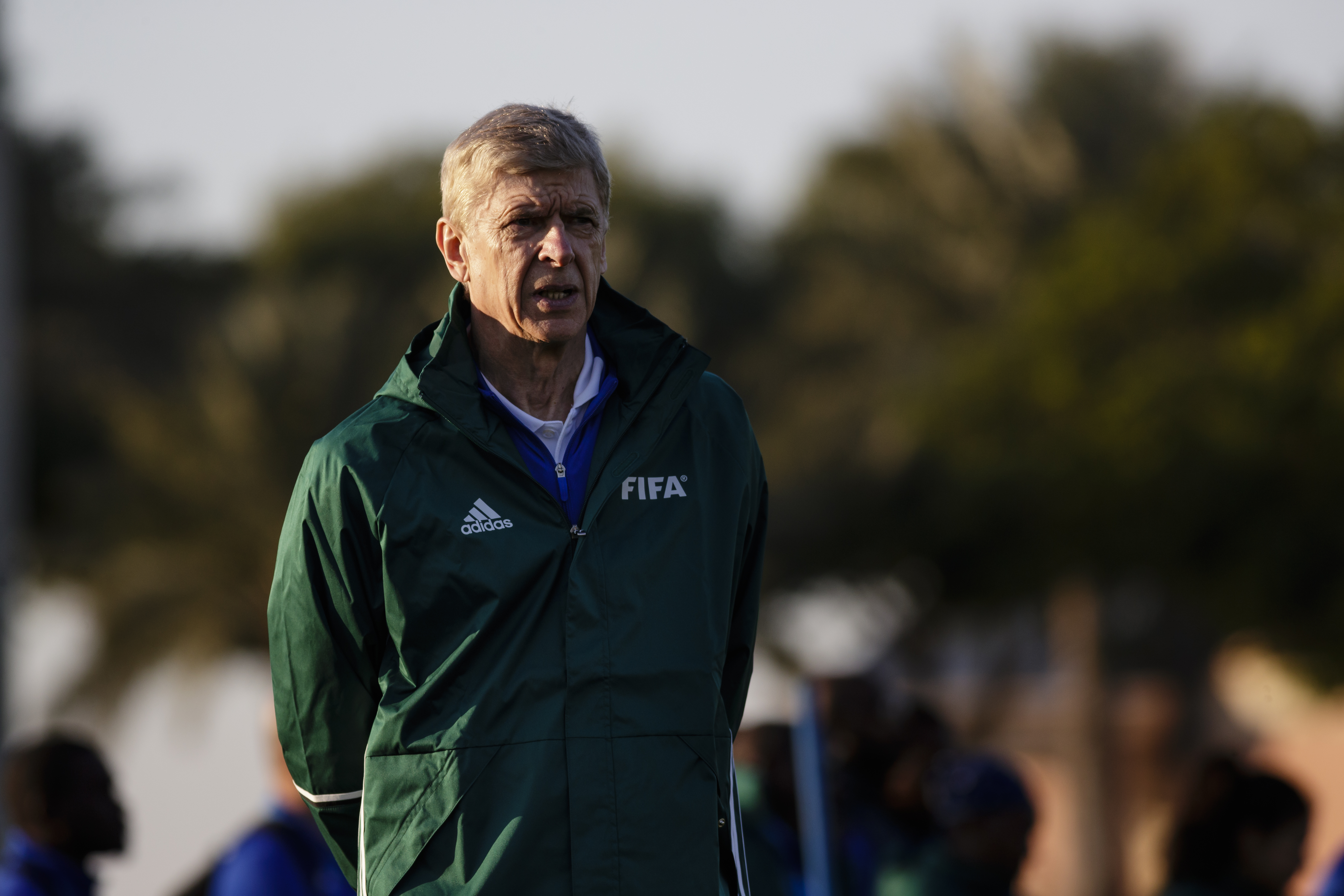
“With Fijian football, given the right development in the next 10 to 15 years, we can produce players for [the] European market and [the] Asian market as well," said the FFA’s chief executive officer Mohamed Yusuf, adding that Fijians have already shown their sporting prowess in rugby. “That report exposed a lot of things to us, that we needed to change our mindset and change how we govern the game in the country.”
The FFA has already implemented numerous measures based on the findings of the FIFA survey. At senior level, the Fiji Premier League has been increased from eight to 10 teams to provide more games at the highest level within the country. The league attracts interest among Fijians abroad and broadcasts some matches on a pay-per-view basis to generate income for local clubs.
A new rule was also introduced obliging each team to have at least one U-19 player in the starting line-up and another named as a substitute. Technical Director Timo Jankowski said this was already helping, with more talented homegrown players now gaining valuable experience in senior competitions.
Coaching standards are also being improved. "We have a policy that says anybody who wants to coach the Premier teams has to have an OFC Senior C Licence," said Yogendra Dutt, the FFA's Head of Coaching. "Previously, anybody could walk in and coach any team." He said a similar policy would soon be enforced at youth level.
To increase competition opportunities for youth players, the youth league system has been reorganised and streamlined and, for the first time, leagues have been introduced in the U13 and U15 categories.
A new national curriculum has been developed following a detailed consultation process involving key football stakeholders throughout the country and Vanua Levu, Fiji’s second-biggest island and home of Labasa FC, has received its first football academy. "We need more academies," said Jankowski. "There’s so much talent, but because of the geography and because there was no academy, we couldn’t do much … just with this academy, we will increase the amount of talented players."
Training is also crucial at youth level. Following the country report, Jankowski did some informal research and concluded that Fijian players received around 400 hours of quality training by the time they were 18, compared to around 3,000 hours for European players.
Three new full time technical department staff members have been appointed to lead regular weekly development programmes from U-8 to U-15 in each of three FFA training centres - a significant improvement as there was previously nothing formal in place for these age groups outside of school environments.
Oceania currently has only one professional club, Wellington Phoenix in New Zealand, and the FFA is looking for more interchange with other parts of the world. Yusuf remembered that a few years ago, Fijian teams were invited to take part in the Dana Cup in Denmark. "When those players came back, it changed their mindset," he said. "Our players need to go and play in Europe or in Asia to get exposure to a higher level of competition."
Jankowski said it would be hugely beneficial if more Fijian players could follow in the footsteps of national team captain Roy Krishna and play abroad. “If it could be, for example, in Europe, in a really big footballing nation, I think that would keep the ball rolling, and that would also inspire all the players in the Fiji Premier League, the youth players," he said. "I really think people would understand that not just in Fiji but in the whole Oceania region, there’s a lot of talent."
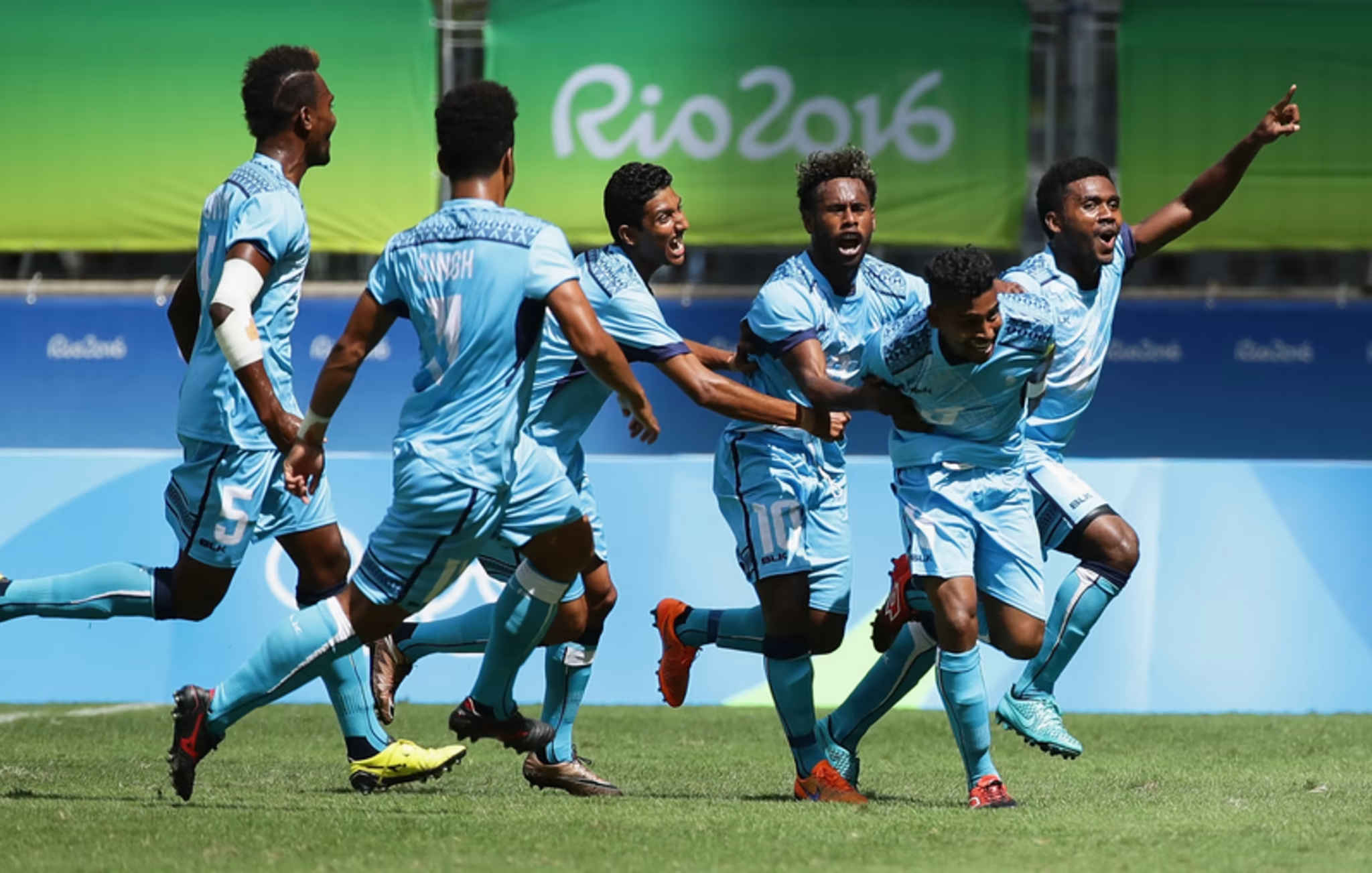
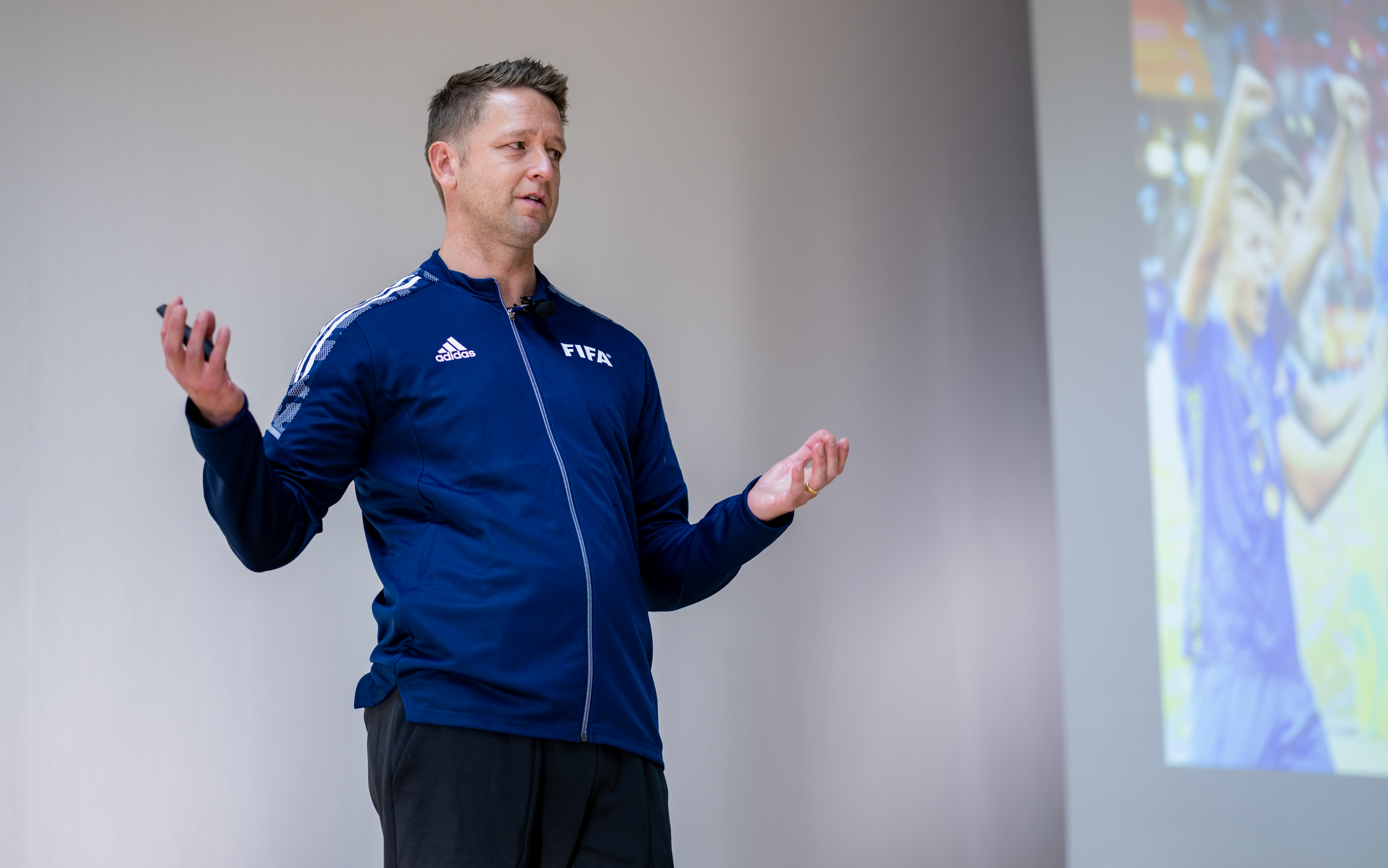
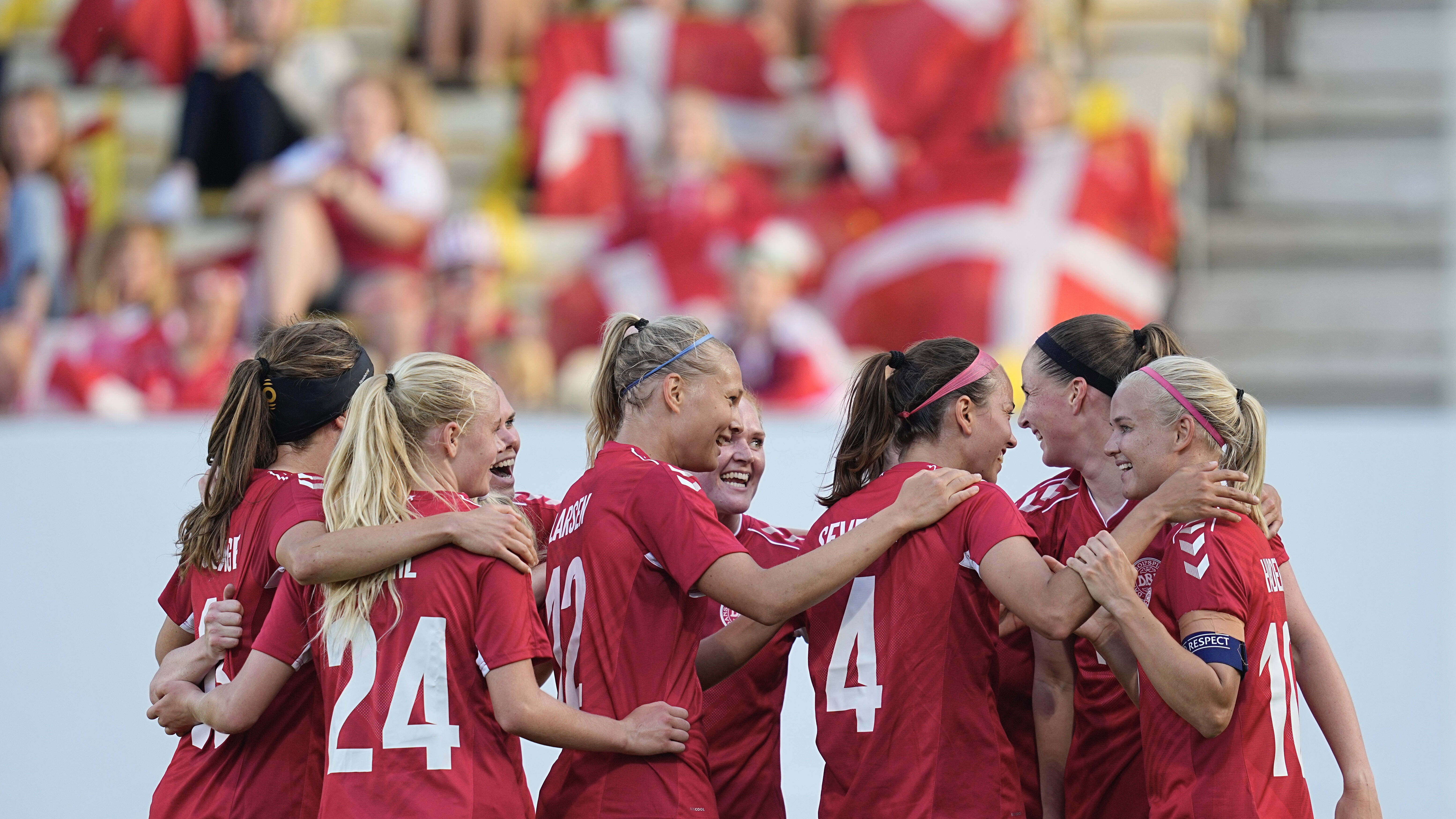







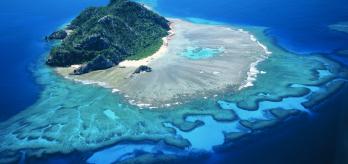





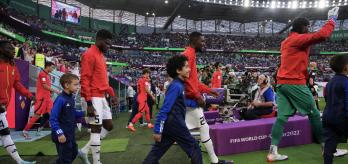
.variant348x164.png)


